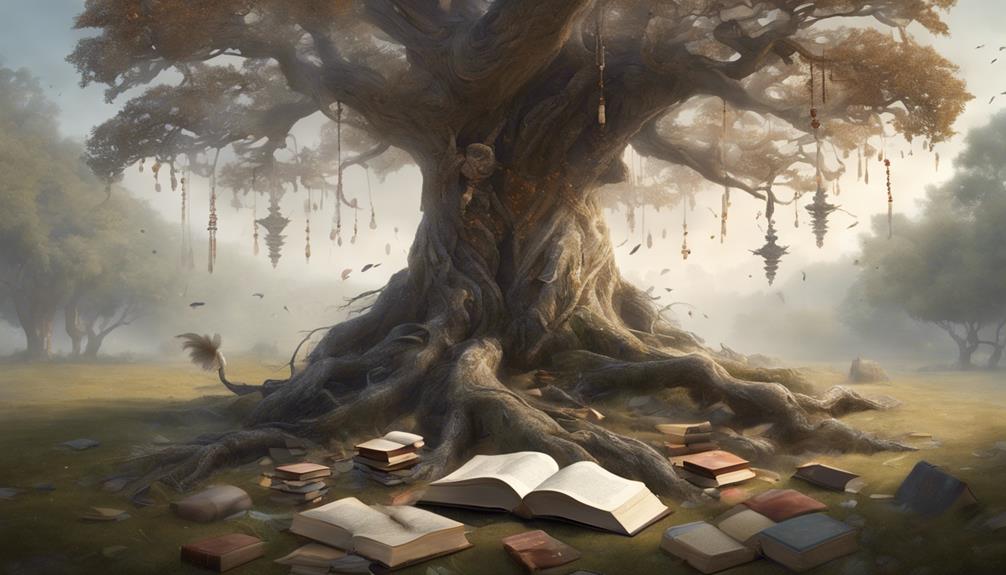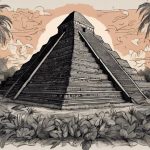As you step into the world of Indigenous poetry, you'll encounter a vibrant tapestry of ancestral voices, cultural heritage, and resilient spirits. You'll discover how poetry plays a crucial role in preserving cultural identity and community empowerment, with 95% of Native Americans believing in its significance. From honoring ancestral voices to expressing resistance against dominant narratives, Indigenous poetry weaves a rich cultural fabric. Through the voices of Native American poets, you'll uncover stories of historical trauma, cultural identity, and the celebration of heritage. And as you journey deeper, you'll find that the poetry of Indigenous peoples is a powerful affirmation of the enduring spirit of resilience and hope.
Honoring Ancestral Voices
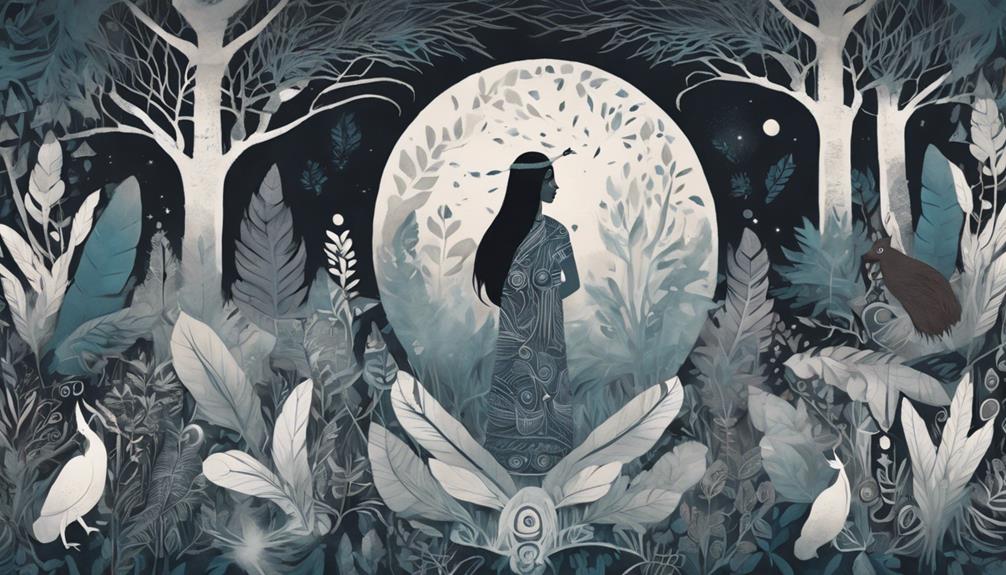
As you explore the world of Indigenous poetry, you're likely to encounter a chorus of ancestral voices, echoing through the lines of poetry that resonate with the pulse of a collective memory. These voices whisper secrets of the past, weaving tales of resilience, struggle, and triumph. They speak of ancestral wisdom, passed down through generations, which informs the present and shapes the future. This intergenerational legacy is palpable in the poetry, as Indigenous writers draw upon the collective memory of their communities to craft a narrative that is both personal and communal. Through their words, you're invited to participate in a rich cultural heritage, one that honors the land, the ancestors, and the stories that have been passed down. As you explore further into this world, you'll discover that Indigenous poetry is not just a reflection of the past, but a testament to the enduring power of ancestral voices, guiding us towards a brighter future.
Poetic Expressions of Resistance
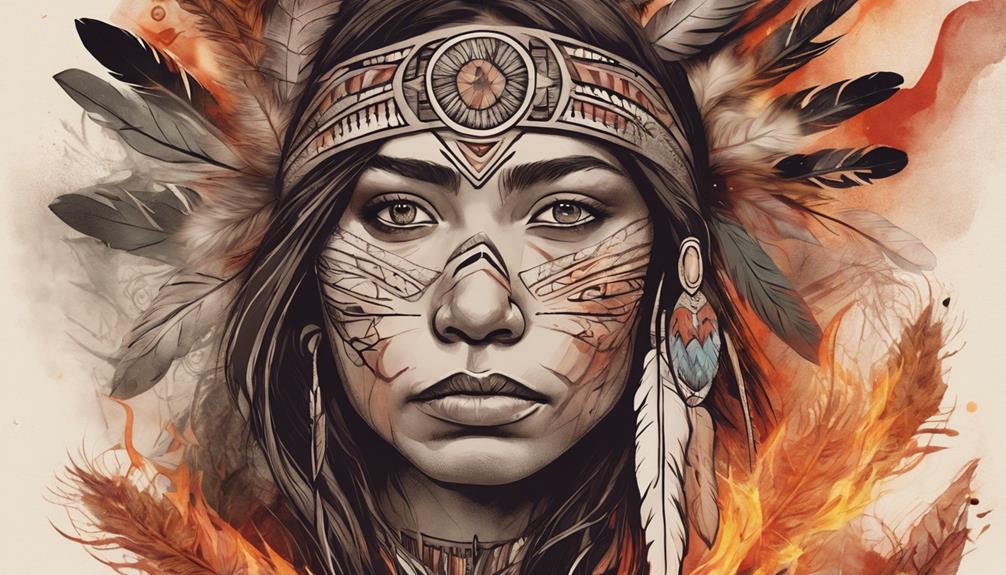
You're immersed in the heart of Indigenous poetry, where the ancestral voices you've encountered begin to pulse with a defiant energy, as poetic expressions of resistance emerge to challenge the dominant narratives that have historically silenced or marginalized Indigenous experiences. These poems are not just words on a page; they're activist verse, manifestos of decolonial imagination that reclaim the stories, languages, and lands stolen from Indigenous peoples. Through their work, Indigenous poets disrupt the status quo, refusing to be relegated to the fringes of history. They deploy language as a tool of resistance, rewriting the scripts that have been imposed upon them. In this radical reimagining, Indigenous poets reclaim their cultural heritage, asserting their right to self-determination and challenging the dominant narratives that have long sought to erase them. As you explore further into this poetry, you'll discover a powerful, unapologetic, and unrelenting cry for justice, equality, and recognition.
Cultural Identity in Verse
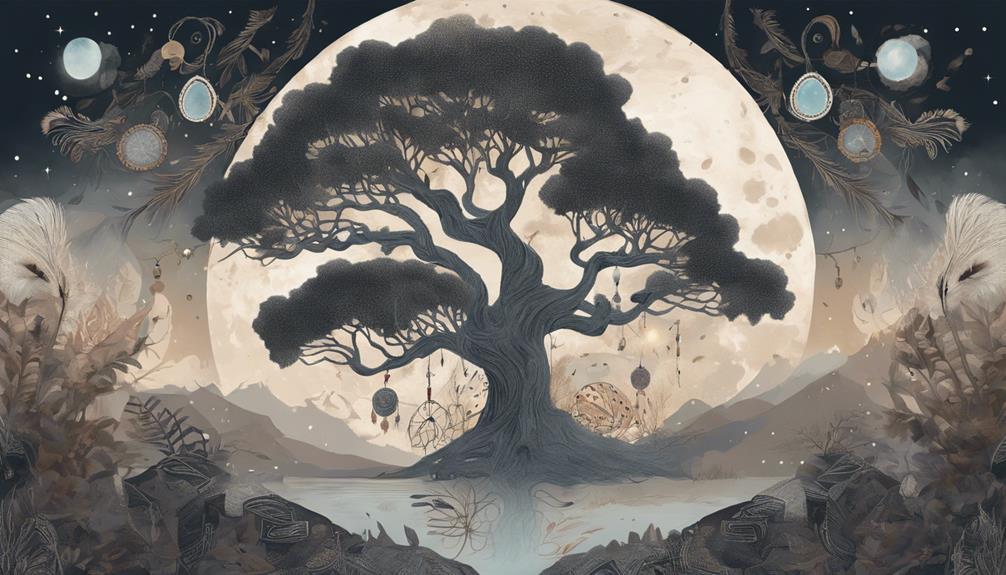
Through the rich tapestry of Indigenous poetry, your eyes meet the unflinching gaze of cultural identity, where ancestral roots entwine with the rhythms of language, and the silenced stories of the past are reborn in the verses that pulse with the heartbeat of a nation.
As you explore deeper into the domain of Indigenous poetry, you'll discover that cultural identity is woven into the fabric of linguistic roots, where Tribal narratives are inscribed in the very essence of language. The words, like ancient drums, beat out a rhythm that echoes the land, the people, and their collective memory. In this sonic landscape, you're invited to listen to the whispers of the ancestors, their stories, and their histories. The poet's voice becomes a vessel, carrying the weight of cultural heritage, as they weave together the fragmented narratives of their people. In this sacred space, cultural identity is not just asserted but embodied, pulsing with the lifeblood of a nation that refuses to be silenced.
Stories of Historical Trauma
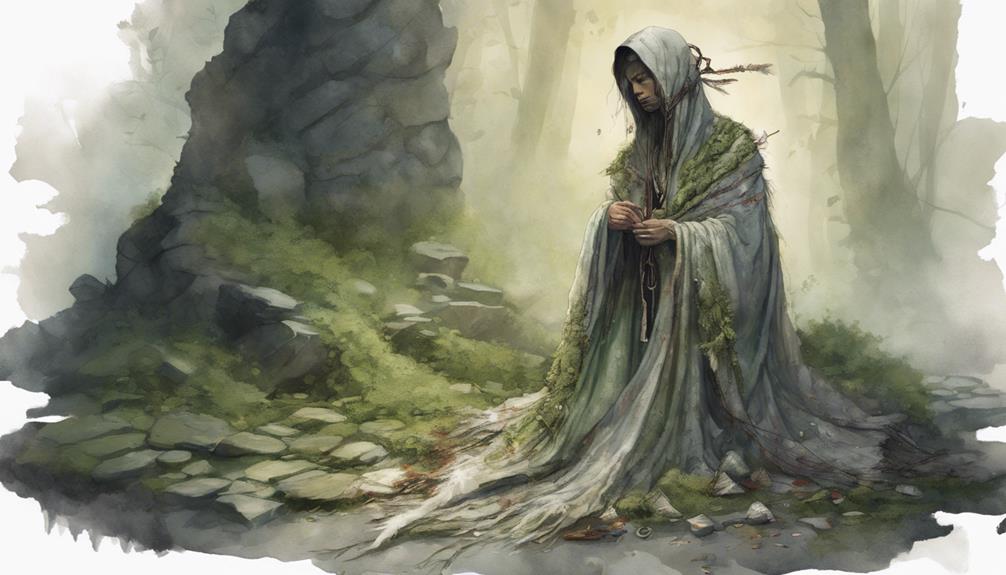
In the domain of Indigenous poetry, the echoes of historical trauma reverberate through the lines, a haunting affirmation that conjures the ghosts of forced assimilation, cultural erasure, and the unspoken atrocities that have haunted Indigenous communities for generations. As you read these poems, you're forced to confront the dark legacy of colonialism, which has left deep scars on the collective psyche of Indigenous peoples. The intergenerational pain is palpable, a weight that's been passed down through generations, manifesting in everyday struggles and quiet desperation. Historical erasure has sought to silence these stories, but Indigenous poets refuse to let the past be forgotten. Through their words, they're reclaiming their histories, reviving the memories of their ancestors, and shattering the silence that's been imposed upon them. In these poems, you'll find the unvarnished truth, a tribute to the resilience of Indigenous cultures and the power of storytelling to heal and resist.
Celebrating Native American Heritage
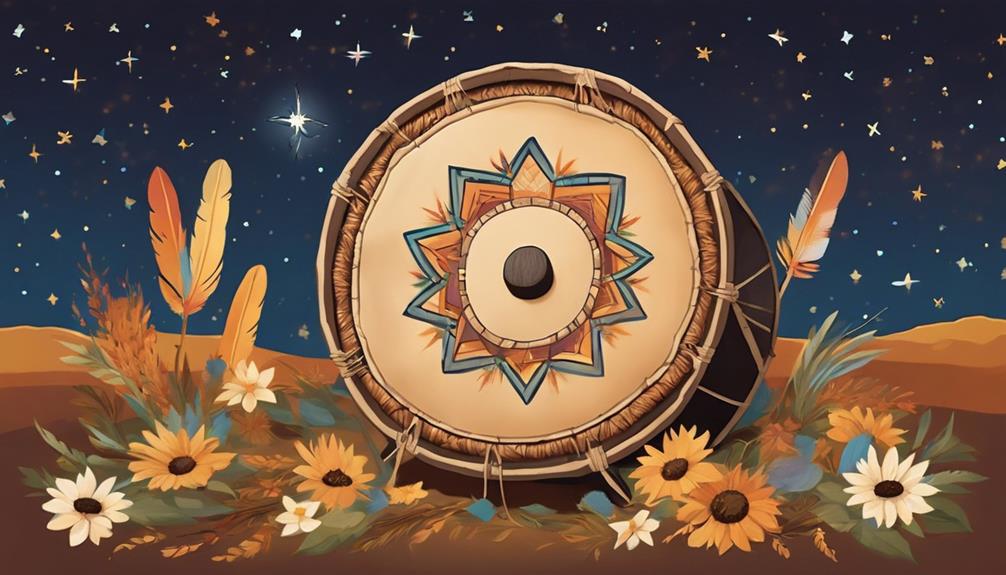
As you explore the vibrant tapestry of Native American heritage, the rich cultural legacies of Indigenous peoples unfold, revealing a kaleidoscope of traditions, languages, and histories that defy erasure. You're immersed in a world where tribal traditions are woven into the fabric of daily life, where storytelling is a revered art form, and where the rhythms of ancestral drums still resonate. In this vibrant landscape, language revitalization efforts are underway, as communities endeavor to reclaim and revitalize their native tongues. You witness the pride and resilience of Native American youth, who are relearning their ancestral languages and cultural practices, thereby reclaiming their identities. Through language revitalization, these young voices are rejuvenating their cultural heritage, ensuring the continuation of their rich cultural legacies. As you explore further, you're struck by the beauty and diversity of Native American heritage, a tribute to the enduring spirit of Indigenous peoples.
Poetry as Cultural Preservation
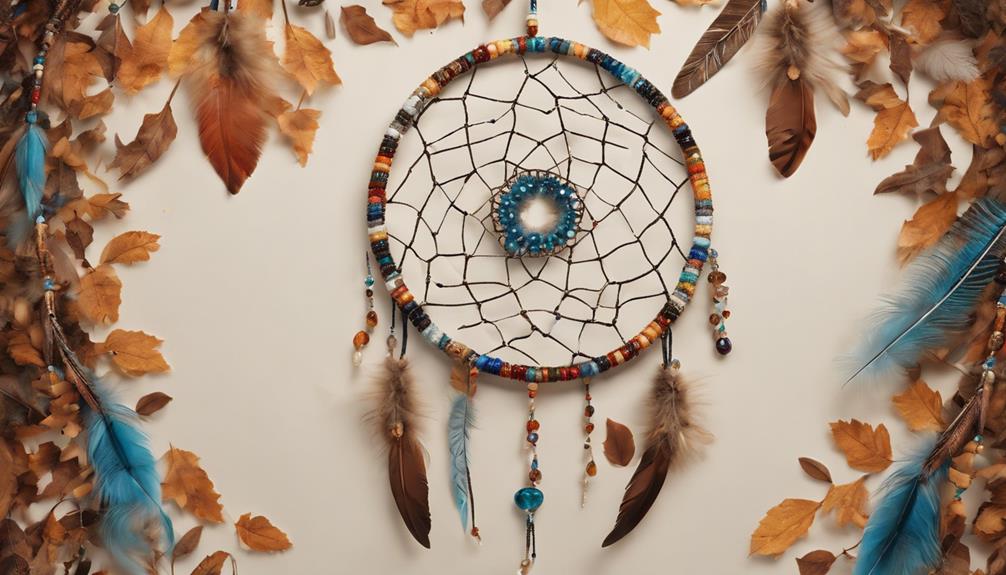
You find yourself surrounded by the vibrant voices of Indigenous poets, who wield the power of language to preserve and revitalize their cultural heritage. Through their poetry, they're not only preserving their cultural identity but also revitalizing endangered languages. Language revitalization is an essential aspect of cultural preservation, as it allows Indigenous communities to reconnect with their ancestral tongues and pass them down to future generations. Indigenous poetry serves as a cultural archive, documenting the history, traditions, and experiences of Native American communities. These poetic works are a tribute to the resilience of Indigenous cultures, which have survived centuries of colonization, marginalization, and erasure. By exploring the cultural significance of Indigenous poetry, you'll discover the importance of language revitalization and the power of poetry as a tool for cultural preservation. As you explore further into this rich cultural archive, you'll uncover the intricate tapestry of Indigenous experiences, woven from the threads of tradition, history, and resistance.
Voices of Empowerment Rise
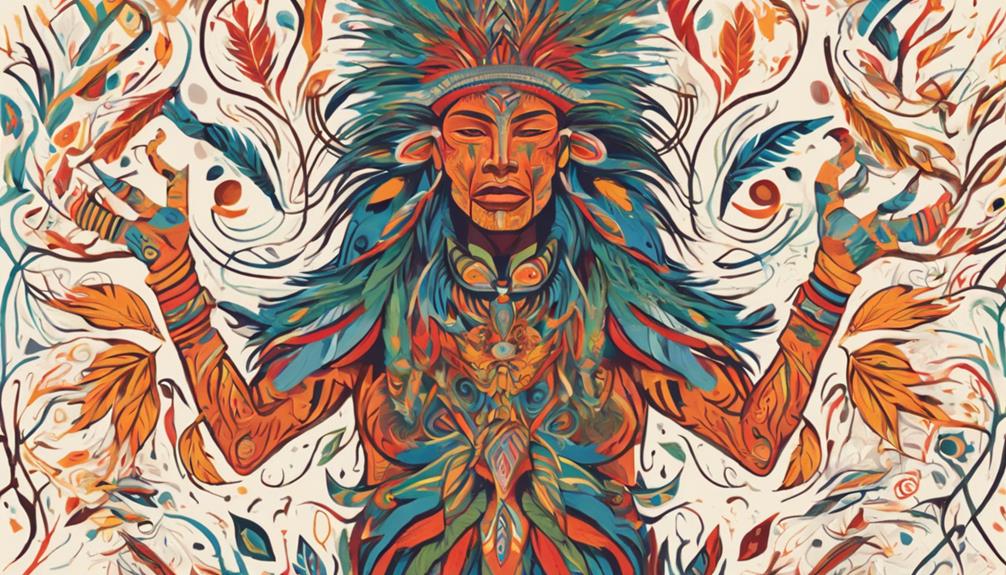
Through the powerful voices of Indigenous poets, a chorus of empowerment rises, echoing the unbroken spirits of Native American communities that have withstood centuries of colonization, marginalization, and erasure. As you explore the world of Indigenous poetry, you'll discover a vibrant tapestry of voices that refuse to be silenced. These poets reclaim their linguistic heritage through Language Revival, breathing new life into ancestral tongues and challenging the dominance of colonial languages. By doing so, they assert their Artistic Sovereignty, defiantly shaping their own narratives and aesthetics. You'll find that Indigenous poetry is not just a form of self-expression, but a radical act of resistance against the forces of erasure. Through their words, you'll experience the unapologetic roar of Indigenous voices, unshackled from the constraints of colonialism. As you listen to these voices of empowerment, you'll begin to understand the profound impact of Indigenous poetry on the struggle for cultural revitalization and decolonization.
Frequently Asked Questions
How Do Indigenous Poets Balance Cultural Authenticity With Creative Expression?
As you explore the world of indigenous poetry, you're faced with a delicate balance: staying true to cultural authenticity while exercising artistic license. It's a tightrope walk between honoring ancestral voices and exploring creative expression. You must be mindful of cultural appropriation, avoiding the exploitation of sacred traditions. By doing so, you'll find a space where cultural heritage and poetic innovation converge, allowing indigenous voices to shine with authenticity and power.
What Role Do Non-Native Editors Play in Publishing Indigenous Poetry?
As you navigate the publishing world, you'll encounter non-native editors who, despite good intentions, may impose their own biases on indigenous poetry. Be aware that editorial bias can stifle cultural authenticity, and cultural sensitivity is important in this situation. Recognize the power dynamics at play and make sure that indigenous voices are amplified, rather than silenced, by editorial decisions.
Can Indigenous Poetry Be Appreciated Without Understanding Its Cultural Context?
As you explore indigenous poetry, you must acknowledge that cultural context is essential to genuine appreciation. Without it, you risk reducing rich cultural heritage to mere aesthetics, perpetuating cultural appropriation. It's your responsibility as a reader to educate yourself on the cultural nuances, historical trauma, and resilience that underpin these poems. Only then can you truly appreciate the depth and complexity of indigenous voices, rather than merely appreciating the surface-level beauty of the words.
How Does Indigenous Poetry Address Intergenerational Trauma and Healing?
As you explore indigenous poetry, you'll find it courageously addresses intergenerational trauma and healing. The words on the page hold the weight of interconnected pain, yet simultaneously, they weave in ancestral wisdom. You'll notice how the poetry becomes a form of testimony, where the wounds of the past are acknowledged, and the path to healing begins. Through the verses, you'll discover a profound sense of resilience, where the poets reclaim their narratives, and in doing so, forge a path towards collective healing.
Are There Specific Poetic Forms Unique to Indigenous Cultures?
As you explore the world of indigenous poetry, you'll discover unique forms rooted in oral traditions. You'll find that linguistic revitalization efforts have preserved ancient storytelling methods, like the 'winter counts' of the Plains Indians, where pictographs chronicle tribal histories. Similarly, the 'song-poems' of Indigenous Australia, passed down through generations, weave together music, dance, and spoken word. These forms, born from the land and community, embody the resilience of indigenous cultures.
